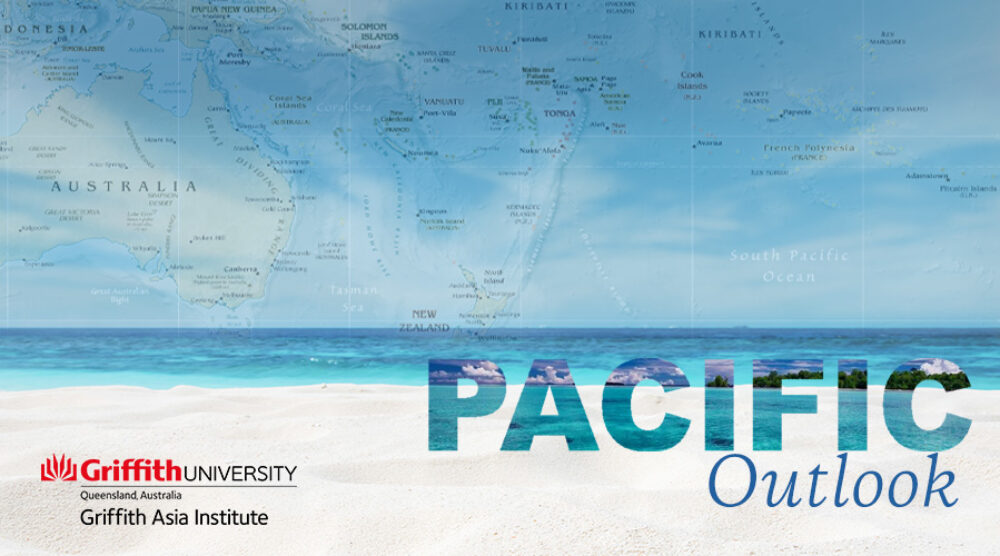Solomon Islands reports COVID-19 cases
Authorities in Solomon Islands have confirmed that their country is no longer free from cases of COVID-19. There have been two cases reported. Both of the people infected are students who have been recently repatriated from the Philippines.
The process for repatriation requires that passengers test negative before boarding a plane to Solomon Islands. However, both of these cases tested positive after entering the country and whilst in quarantine. Both cases are reported to have been asymptomatic.
This will prove a test for the quarantine procedures in Solomon Islands. Further repatriation flights have been suspended for now. Prime Minister Manasseh Sogavare has reassured the community that the risk of community transmission is very low as both cases are isolated in quarantine. There is no plan to put Honiara into lockdown.
Pacific Islands Forum reiterates call for action on West Papua
The Chair of the Pacific Islands Forum, Prime Minister Kausea Natano of Tuvalu, has reiterated the wishes of the Forum to see a human rights mission to West Papua. Further to the decision of the Forum leaders in 2019, he has written to the UN High Commissioner for Human Rights to request an update as to negotiations with the government of Indonesia for her to visit the region.
This comes further to an apparent increase in tensions and violence in West Papua. A particular incident that saw the shooting and death of Pastor Yeremiah Zanambani during recent demonstrations.
Secretary General Dame Meg Taylor has stressed the need for continued focus on human rights abuses in West Papua even if COVID-19 is a more present challenge for many. She has reinforced that as a standing agenda item since 2015, this issue remains a priority for the Forum leaders.
Pacific allies rally to support Taiwan
Taiwan’s Pacific allies have joined a group of ten countries to support Taiwan in gaining access to UN processes. A letter has been submitted to the UN’s Secretary-General urging the UN to recognise Taiwan as a partner in the global fight against COVID-19 and achieving the Sustainable Development Goals.
The leaders of Nauru, Palau, the Republic of Marshall Islands and Tuvalu signed the letter demonstrating their ongoing support for Taiwan. It is not uncommon for leaders of those countries that recognise Taiwan to use their addresses to the UN to call for greater recognition of their diplomatic partner.
Among the requests to Antonio Guterres is a repeated request that Taiwan be allowed to join the World Health Association in its own right. However, Mr Guterres says he has no control over this.
The letter also requests that Taiwanese officials and media be allowed access to UN headquarters.
Kava classified as a beverage
Kava is now recognised as a beverage by the Codex Alimentarius Commission. The work to obtain this classification has been ongoing since 2004, led by Vanuatu.
It comes at an important time for the sector in the Pacific given that many more people are turning to agriculture including kava farming as a way of surviving the economic downturn caused by COVID-19.
It is unlikely to have any significant impact on the US market which was performing strongly for kava exports until the impacts of COVID-19 which have made getting the product to customers difficult. It may help reinvigorate the European market. This market is continuing to lag despite the overturn of a ban on the importation of kava.
Meanwhile the proposed trial of commercial importation of kava into Australia has been deferred to 2021. This has not been well received by producers and exporters in the Pacific.
Australian aid budget is topped up in order to continue support to the Pacific
The Australian budget contained something of a surprise when it came to foreign aid. Whilst the headline figure remained unchanged at AU$4 million, a supplementary allocation of $304 million over two years was announced.
This “Covid Response Fund” is to provide support to the governments of Pacific island countries and Timor-Leste as they respond to the health and economic impacts of the global pandemic.
After some initial confusion, it was confirmed that this aid ‘top-up’ qualifies as Overseas Development Assistance (ODA) for the purposes of donor reporting via the OECD-DAC. Announcing it as being separate from the aid budget appears to be about political messaging to fend off political and community criticism of diverting resources away from home.
Meanwhile, rapid assessments of COVID-19 impacts in the region reveal that in Papua New Guinea, 52 per cent of respondents are removing their children from school as a coping measure in the face of economic impacts. In Solomon Islands, approximately 20 per cent of the population of Honiara has migrated back to rural areas as access to paid employment has dried up.
Tess Newton Cain is an Adjunct Associate Professor at the Griffith Asia Institute and project lead of the Pacific Hub.








